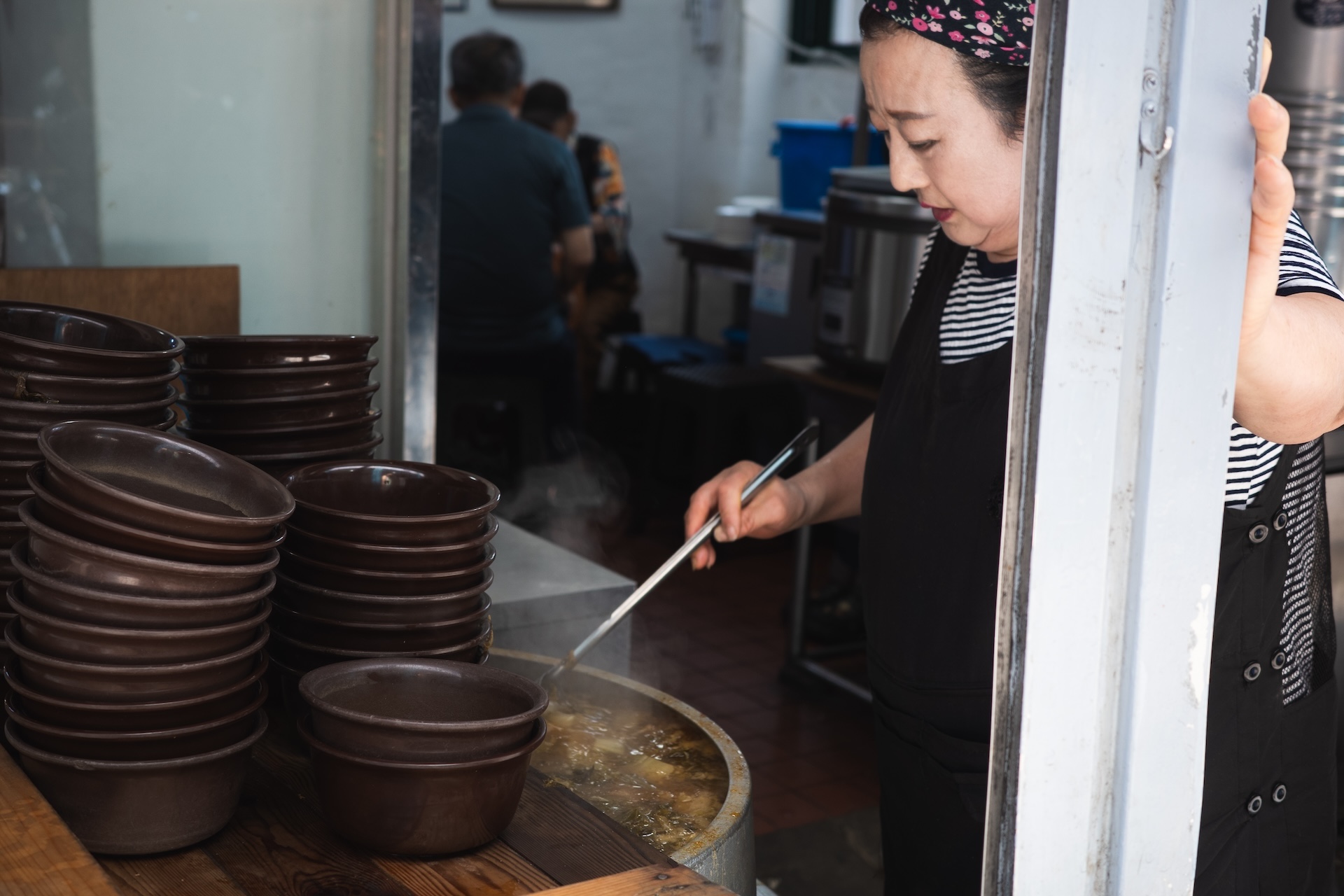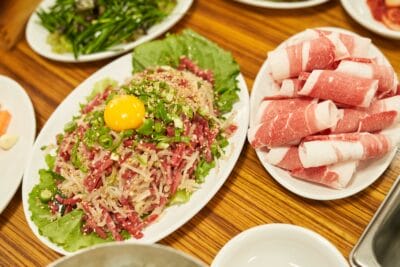We can't find the internet
Attempting to reconnect
Something went wrong!
Hang in there while we get back on track
Seoul: State of the Stomach
We can't find the internet
Attempting to reconnect
Something went wrong!
Hang in there while we get back on track

Related Stories
We can't find the internet
Attempting to reconnect
Something went wrong!
Hang in there while we get back on track







